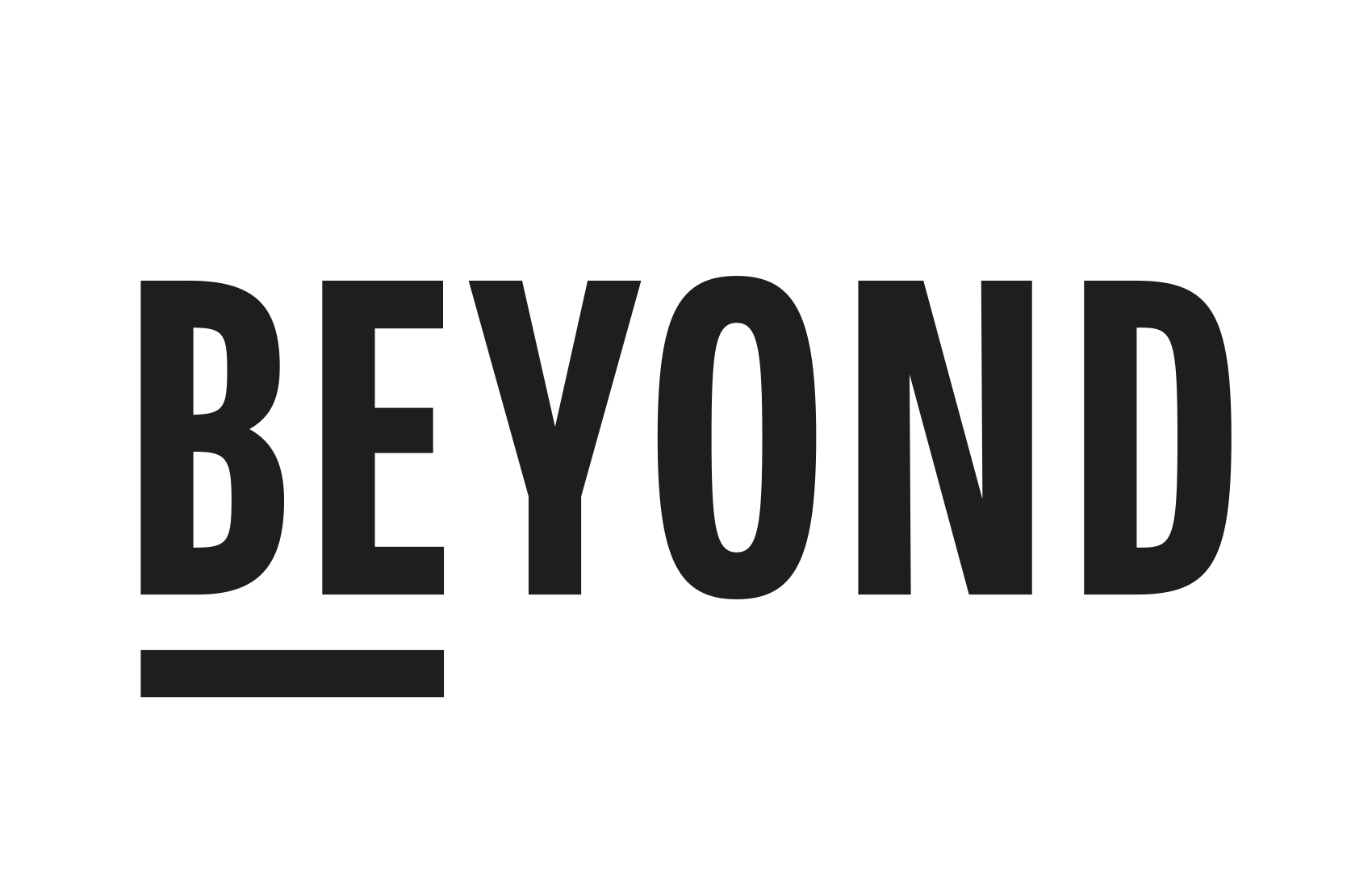

BEYOND SAS

Île-de-France, France
December 2023
Social networks & info sharing
Service with Minor Environmental Footprint
France
Deep and necessary, the environmental and social transformation is currently pushing businesses toward new ways of thinking. At BEYOND, this transformation is encouraged and finds its area of expression through PR and influence mechanisms that are committed to good. Beyond creating value and maintaining growth or employment, brands are starting to question and challenge their usefulness as a new and accurate role. BEYOND is committed to revealing brands’ authenticity, values, beliefs, and commitments by expressing them through useful and audible messages for their audiences. The communication campaigns carried out by the agency are generous, open, and involved in society and its contemporary issues. The agency bears several commitments and conveys them in its communication strategy. BEYOND designs communication campaigns in line with the sincere speeches and useful stories carried by the brands, by making them part of the current world’s global issues and by activating the right vehicles of influence at different levels (journalists, influencers, and social media). BEYOND expands the reputation of brands by bringing audiences together around the brand’s values and commitments, whether with clients, partners, or customers.
Overall B Impact Score
Governance 16.5
Governance evaluates a company's overall mission, engagement around its social/environmental impact, ethics, and transparency. This section also evaluates the ability of a company to protect their mission and formally consider stakeholders in decision making through their corporate structure (e.g. benefit corporation) or corporate governing documents.
What is this? A company with an Impact Business Model is intentionally designed to create a specific positive outcome for one of its stakeholders - such as workers, community, environment, or customers.
Workers 31.2
Workers evaluates a company’s contributions to its employees’ financial security, health & safety, wellness, career development, and engagement & satisfaction. In addition, this section recognizes business models designed to benefit workers, such as companies that are at least 40% owned by non-executive employees and those that have workforce development programs to support individuals with barriers to employment.
Community 23.0
Community evaluates a company’s engagement with and impact on the communities in which it operates, hires from, and sources from. Topics include diversity, equity & inclusion, economic impact, civic engagement, charitable giving, and supply chain management. In addition, this section recognizes business models that are designed to address specific community-oriented problems, such as poverty alleviation through fair trade sourcing or distribution via microenterprises, producer cooperative models, locally focused economic development, and formal charitable giving commitments.
Environment 7.7
Environment evaluates a company’s overall environmental management practices as well as its impact on the air, climate, water, land, and biodiversity. This includes the direct impact of a company’s operations and, when applicable its supply chain and distribution channels. This section also recognizes companies with environmentally innovative production processes and those that sell products or services that have a positive environmental impact. Some examples might include products and services that create renewable energy, reduce consumption or waste, conserve land or wildlife, provide less toxic alternatives to the market, or educate people about environmental problems.
Customers 8.6
Customers evaluates a company’s stewardship of its customers through the quality of its products and services, ethical marketing, data privacy and security, and feedback channels. In addition, this section recognizes products or services that are designed to address a particular social problem for or through its customers, such as health or educational products, arts & media products, serving underserved customers/clients, and services that improve the social impact of other businesses or organizations.
What is this? A company with an Impact Business Model is intentionally designed to create a specific positive outcome for one of its stakeholders - such as workers, community, environment, or customers.